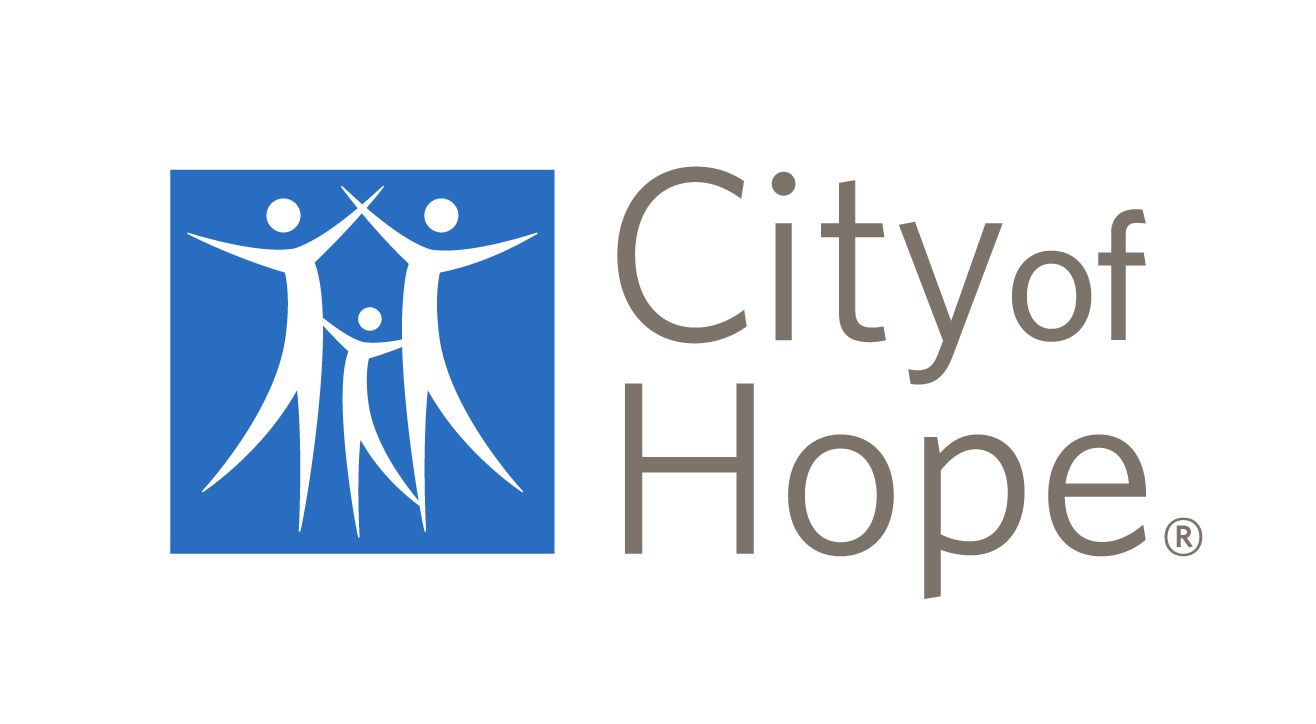- Advertise
- About OncLive
- Editorial Board
- MJH Life Sciences brands
- Contact Us
- Privacy
- Terms & Conditions
- Do Not Sell My Information
2 Clarke Drive
Suite 100
Cranbury, NJ 08512
© 2025 MJH Life Sciences™ and OncLive - Clinical Oncology News, Cancer Expert Insights. All rights reserved.
Blood Cancer Treatment Continues to Shift Away From Chemotherapy
Steven T. Rosen, MD, discusses the rapid evolution in hematologic cancer treatment and highlighted challenges that have recently emerged.
Steven T. Rosen, MD
In recent years, successful trials exploring novel approaches such as targeted therapy, immunotherapy, and CAR T-cell therapy, have all revolutionized the way certain hematologic malignancies are treated. Newer agents are garnering the same, if not better, results than what has been seen with traditional approaches, such as chemotherapy, according to Steven T. Rosen, MD.
"There have been incredible advances made in leukemia, lymphoma, and myeloma, where we are evolving towards the use of more biological and immunologic therapies rather than traditional chemotherapy," said Rosen, Irell & Manella Cancer Center Director's Distinguished Chair, Morgan & Helen Chu Director's Chair of the Beckman Research Institute, provost and chief scientific officer, and director of the Comprehensive Cancer Center, director of the Beckman Research Institute. "[These treatments are] less toxic, [and sometimes], more effective."
Although these advances are exciting, Rosen warns against using these new therapies without determining if their efficacy outweighs the associated toxicities. "[We] have to recognize that although these biologic and immunologic therapies are very effective and more targeted than previous treatments, they have their own set of adverse events (AEs)," said Rosen. "The community doctor has to be aware of those safety profiles and weigh the pros and cons when selecting specific treatment approaches."
In an interview during the 2019 OncLive® State of the Science Summit™ on Hematologic Malignancies, Rosen, who is also the director of the Irell & Manella Graduate School of Biological Sciences, professor in the Department of Hematology and Hematopoietic Cell Transplantation, at City of Hope, discussed the rapid evolution in hematologic cancer treatment and highlighted challenges that have recently emerged.
OncLive: Your research focuses on leukemia, lymphoma, and myeloma. What are some key recent advancements that have been made in those areas?
Rosen: For some of the diseases, particularly chronic lymphocytic leukemia (CLL) and multiple myeloma, the primary therapies are all biologic and are no longer chemotherapy. For Hodgkin lymphoma, if an individual fails initial therapy, there are often considerations of targeted therapy rather than the historic chemotherapy and transplant approaches.
You served as the moderator for the Peer Exchange portion of the State of the Science Summit.™ What key questions emerged during these discussions?
The community physicians are interested in the evolution of treatment and the fact that in many instances, historic approaches are no longer considered state of the art. They are also intrigued that there are new advances, in particular in biologic therapies and immunotherapies that are replacing historic chemotherapy. [These new therapies are] less toxic, and more effective.
Could you expand on some of these new agents, and the research being done with immunotherapy?
For example, historically, for the treatment of CLL, patients may have received a combination of fludarabine, cyclophosphamide, and rituximab (Rituxan) or bendamustine with rituximab. Now, we have evolved to the use of BTK inhibitors, such as ibrutinib (Imbruvica) or acalabrutinib (Calquence) with rituximab or with venetoclax (Venclexta), a BCL-2 inhibitor.
In some instances, trials have included just the oral agents, a BCL-2 inhibitor and ibrutinib with equivalent results to historical therapies. In myeloma, all the upfront therapy is biologic: a proteasome inhibitor combined with an immunomodulatory drug and a steroid. Results [with those agents] are equivalent to or have improved upon what had historically been seen with chemotherapy.
What questions did you ask the panel during the event?
[The main questions] I wanted to address were, “How have the new data affected how they treat patients? How should community physicians interpret the new data and apply it to their patient population?”
Could you discuss the State of the Science Summit™ events and their importance in oncology?
The State of the Science Summit™ events are just fantastic vehicles to bring the latest information to a community of physicians, providing them with an opportunity to engage experts in the field and ensure that they have the latest knowledge about each disease entity and the therapeutic options that are available.
What should your colleagues who were unable to attend the event take away from all of this?
My take-home message to community oncologists who could not attend is to be aware of the rapid changes that are going on. You should never hesitate to contact an expert who has detailed knowledge of a specific disease entity when dealing with a rare disease or a disease you do not have a great deal of experience with.


